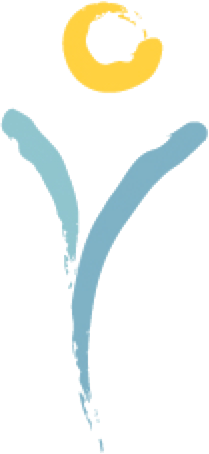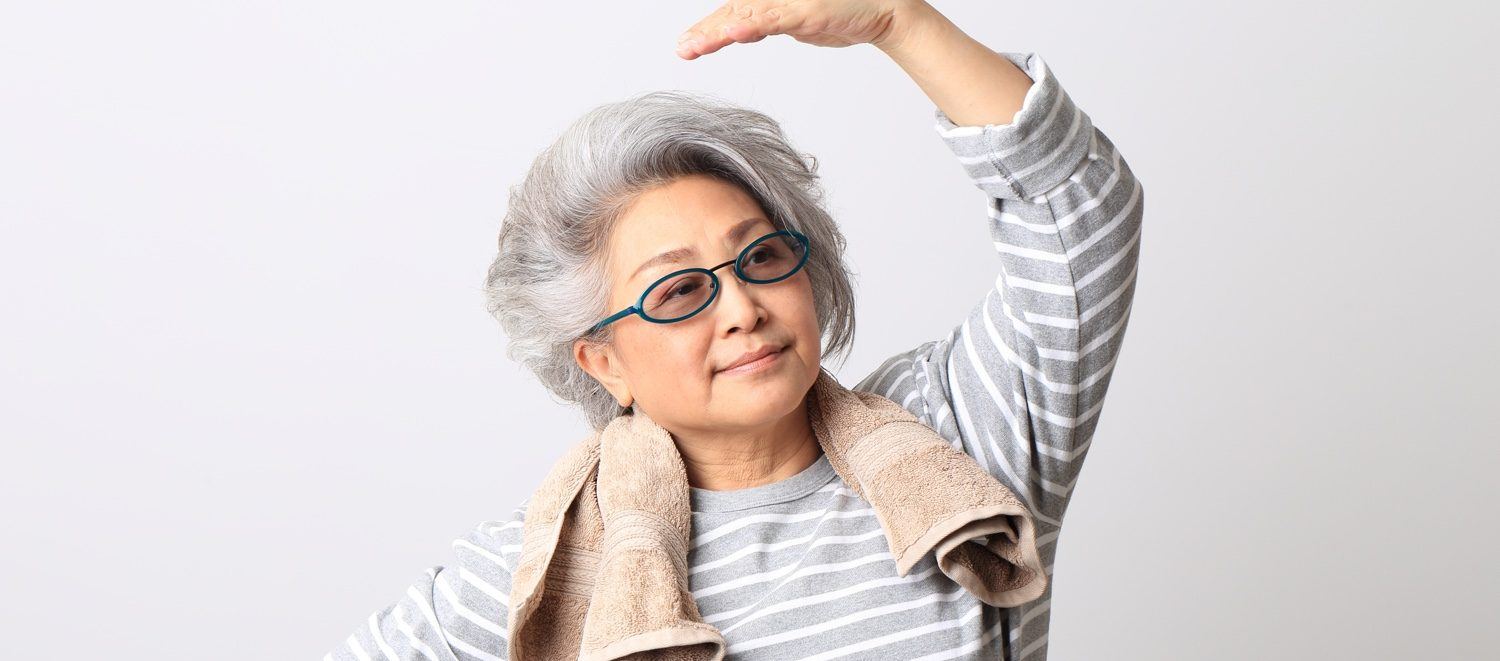Non-hormonal treatments
There are few absolute contraindications to taking HRT, but for those for whom it is not recommended, or if hormones are not your thing, then there are some alternatives for treating menopausal symptoms. None are quite as effective but always worth a try.
Hot flushes
Hot flushes can respond to various herbal supplements. Good quality black cohosh, red clover, or sage tablets are freely available from good health food stores and pharmacies. Unfortunately the effects tend to wear off with time, so I normally recommend a break for 2 weeks every 6 weeks of treatment.
There are several drugs which can be prescribed for hot flushes. The most effective one is called Venlafaxine (Effexor®) which is also excellent if anxiety is an issue, but it doesn’t suit everyone. A tablet called clonidine (Dixarit®) can also be used. The antidepressant paroxetine (Seroxat®) is also sometimes useful.
Vaginal dryness and sensitivity
Topical oestrogen vaginal treatment is generally regarded as being completely safe, even in women with hormone receptive breast cancer, as the hormone only acts locally in the skin of the vagina and the bladder base. It can be continued indefinitely, and is the best way to treat and prevent vaginal dryness and help vaginal sensitivity.
Alternative strategies include:
- The regular use of a vaginal moisturiser such as Balance-activ® or Replens®
- Having sex at least once every 2 weeks
- Using a water based lubricant during sex (e.g. Sylk®)
- Using a daily wash specially designed for intimate external skin that helps to lower the pH to pre menopausal levels (e.g. Femfresh®)
Radiofrequency or laser treatment of the vaginal skin is the best non-hormonal option. This involves a course of 3 monthly quick, painfree treatments in the office.
We use the ThermiVa radio frequency system which is safe and very effective. The treatment encourages remodelling of the vaginal collagen in the deeper layers of the skin. Blood flow is improved, and along with the improved skin thickness and elasticity, normal vaginal moisture returns.
Anxiety
Some women experience free floating anxiety, or anxiety associated with poor sleep, worry about family, relationships and work, and social phobia, around the time of the menopause.
Panic attacks or palpitations may occur and create concern in themselves about cardiovascular health. Obviously any palpitations or panic attacks should be investigated to exclude a cardiac cause, but those relating to the menopause may benefit from:
- A Magnesium supplement
- Ashwaganda extract
- St. John's wort
- Yoga or any form of exercise
- Mindfulnesss and breathing exercises
- Specific antidepressants
- B blockers such as propranolol
Try to avoid using potentially addictive medications such as benzodiazepines (e.g. diazepam, lorazepam), or self medicating with too much alcohol, which tends to exacerbate anxiety in the end.
Urinary symptoms
Problems with peeing when you cough or sneeze, or not being able to hold on when you need to go, respond very well to radio frequency treatment to the vaginal skin or a painfree PRP (platelet rich plasma) injection into the bladder base (the O shot).
The bladder base sits in front of the anterior wall of the vagina, and so the treatment improves the bladder tone and elasticity aswell as that of the vagina, and it can also lift the bladder a little.
More troublesome problems could need surgery, but there are also specific medications to make you feel less urge to pass urine. They do need to be taken daily though, and often have troublesome side effects such as giving you a dry mouth.

